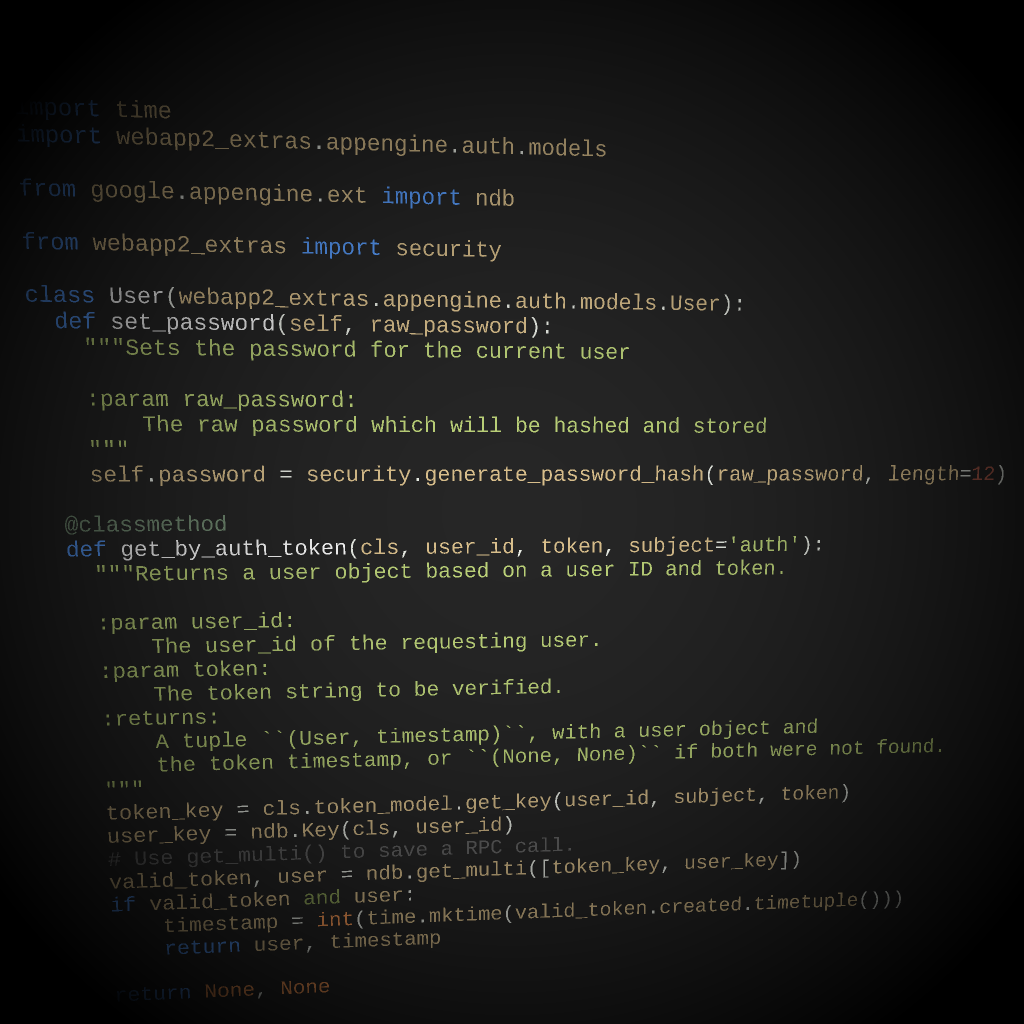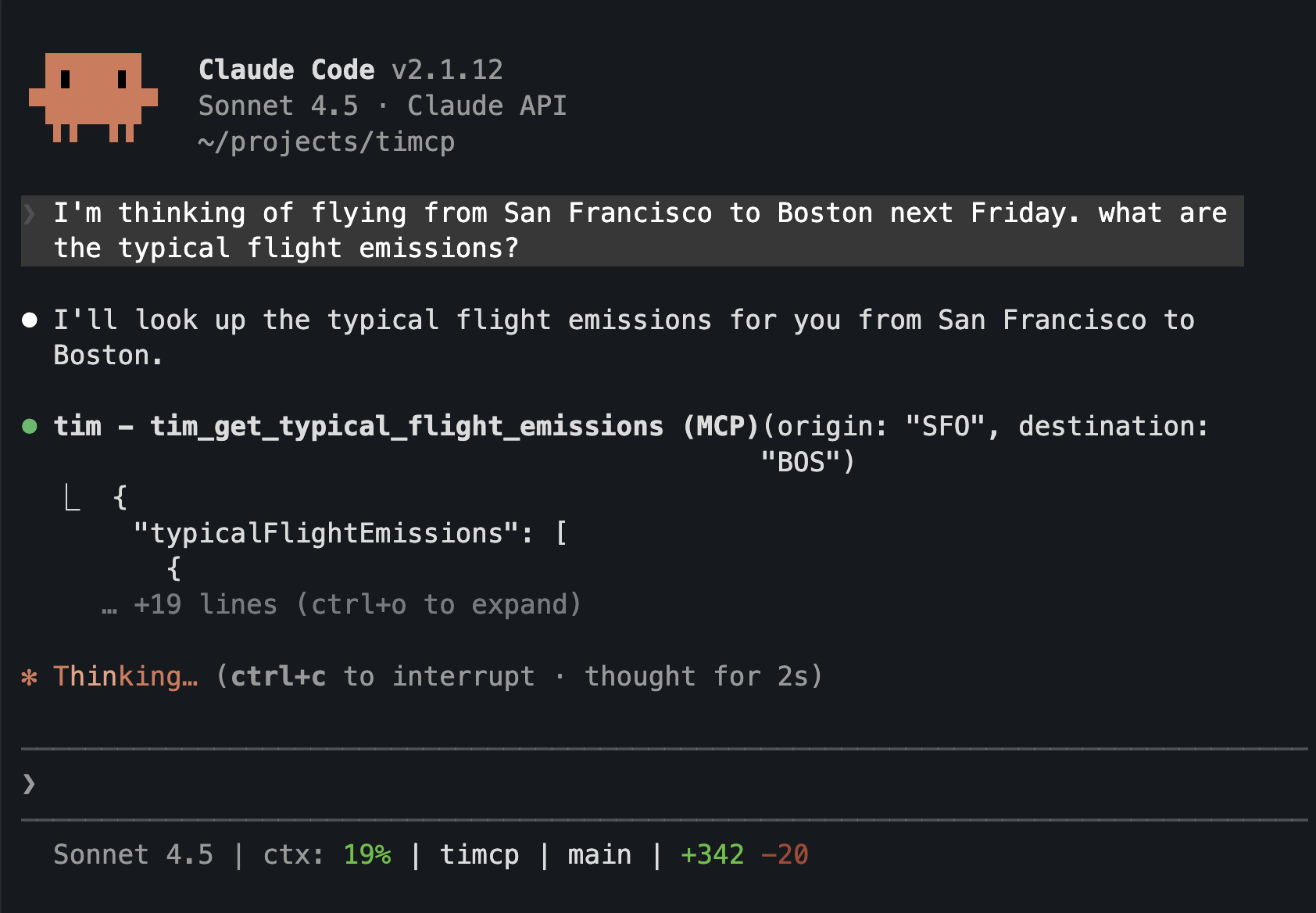Appsterdam Guru Session: Google App Engine for beginners
One of the things I was not expecting when I moved to Amsterdam was its active and vibrant tech community. Appsterdam, a non-profit organization focused around aggregating people with a passion for te...

